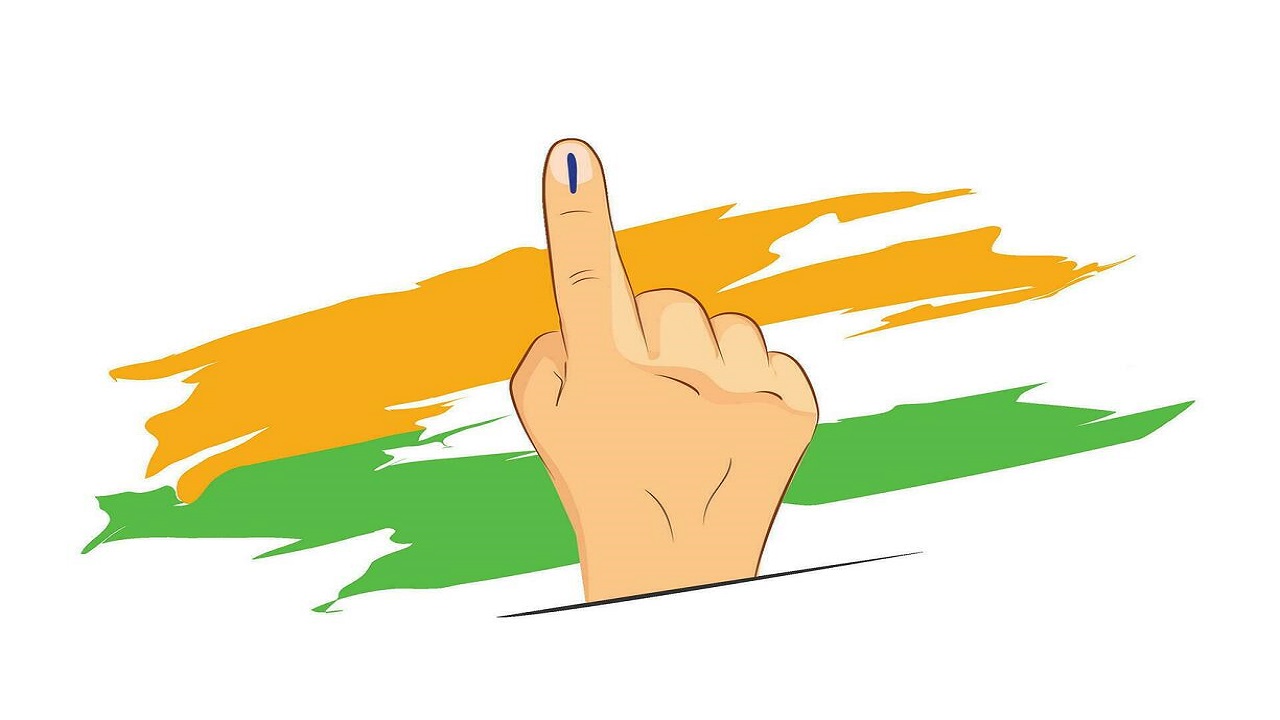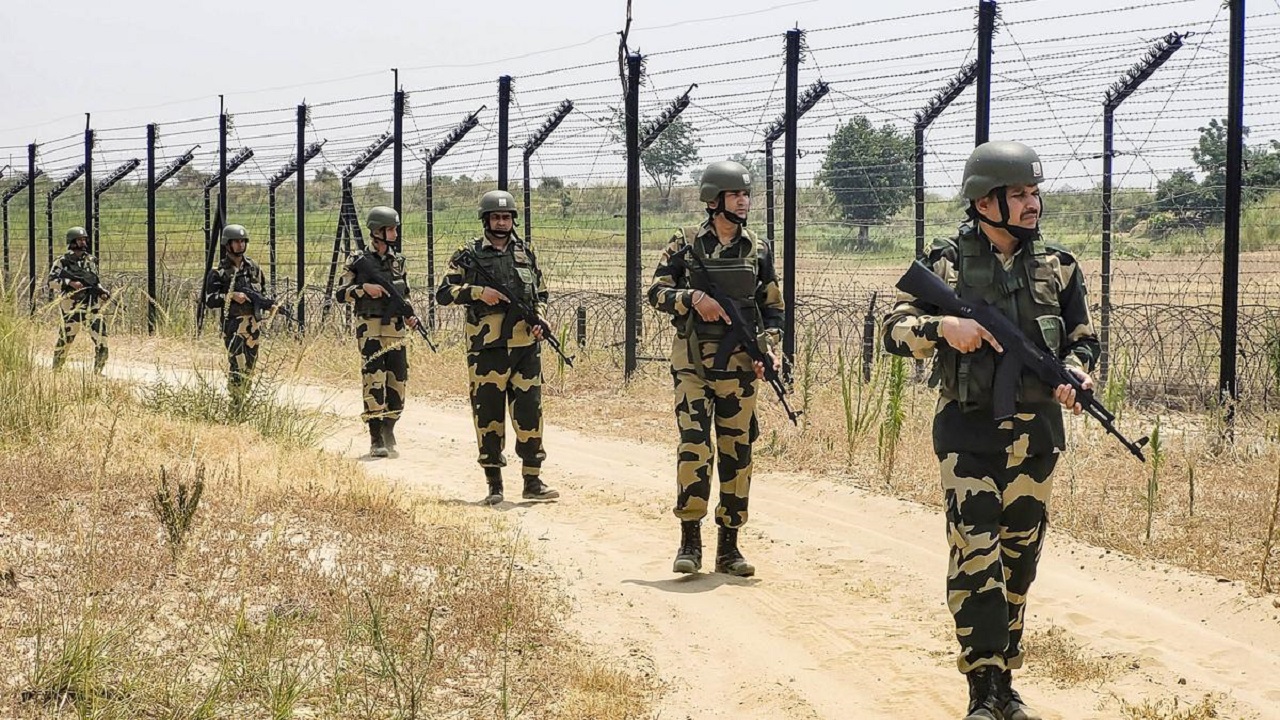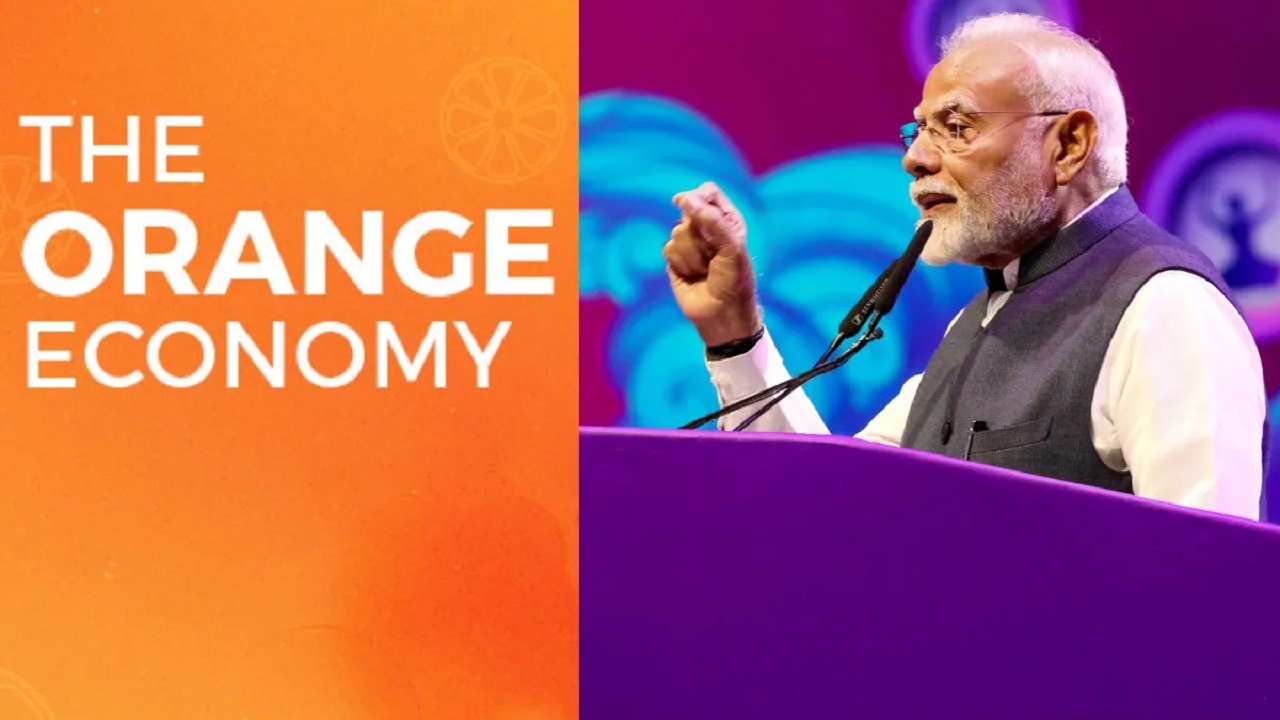Universal Adult Suffrage in India: Legal Framework and Electoral Inclusion
Context
Recently, the Supreme Court’s observation on the ‘right to vote’ has brought attention to the origin, nature, and functioning of Universal Adult Suffrage (UAS) in India. This has prompted a broader discussion about electoral inclusion, legality, and necessary reforms.
Universal Adult Suffrage in India
-
Definition: Refers to the right of all adult citizens to vote, irrespective of caste, class, religion, education, or income.
-
Adopted: From January 26, 1950, with the commencement of the Constitution.
-
Constitutional Basis: Article 326 mandates elections to Lok Sabha and State Assemblies based on adult suffrage.
-
Voting Age: Lowered from 21 to 18 years by the 61st Constitutional Amendment Act, 1988.
-
Basic Structure: Free and fair elections are part of the basic structure of the Constitution as per various SC rulings.
Electoral Roll & Voter Eligibility
-
Electoral Roll: Includes names of eligible citizens residing in a constituency, prepared by the Election Commission.
-
Legal Provision: Section 21 of the Representation of the People Act, 1950 empowers the EC to revise electoral rolls.
Legality of Right to Vote in India
-
Not a Fundamental Right: Despite being essential for democracy, the right to vote is a statutory right.
-
Legal Basis: Section 62 of the Representation of the People Act, 1951.
-
Supreme Court View: In Kuldip Nayar v. Union of India (2006) and Anoop Baranwal v. Union of India (2023), SC clarified it is not a fundamental or constitutional right.
-
Debate in Constituent Assembly: Proposals to include it under Fundamental Rights were rejected.
Challenges in Voter Inclusion
-
Inclusion Barriers: Illiteracy, lack of awareness, administrative challenges.
-
EC Initiatives: Election symbols and voter education enabled 173 million illiterate citizens to enroll.
-
Inaccurate Rolls: Presence of duplicates, ineligible names, and omissions threatens electoral integrity.
-
Systemic Errors: Includes gerrymandering, biased technology, voter suppression.
-
Voter Suppression: E.g., strict ID laws, limited polling booths, voter roll purging.
-
Citizenship Verification Issues: Controversial drives like Special Intensive Revision in Bihar risk wrongful disenfranchisement.
Suggested Reforms
-
Real-time Roll Updating: Continuous addition and deletion of voters.
-
Electronic Integration: Link death registration data to delete names of deceased voters quickly.
-
Field Verification: Use of Booth Level Officers (BLOs) for on-ground confirmation.
-
ID Improvements: Standardized BLO ID cards and redesigned Voter Information Slips (VIS) to assist senior citizens and first-time voters.
-
Linking Aadhaar with EPIC: For voter authentication (with privacy safeguards).
-
Document Flexibility: Expand list of accepted documents for registration, as suggested by SC.
Way Forward
-
Political Will: Parties must support inclusive and accurate voter lists.
-
Due Process: Ensure fair procedures in deletion and verification drives.
-
Voter Education: Empower citizens to verify and update electoral details, strengthening democracy.




Comments (0)